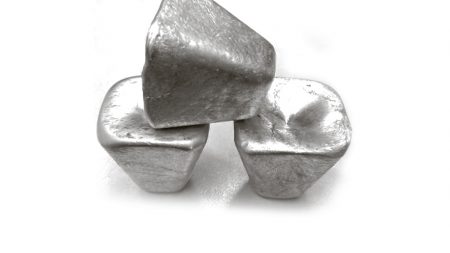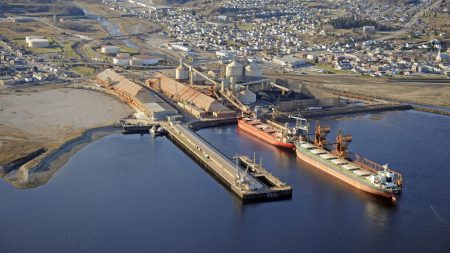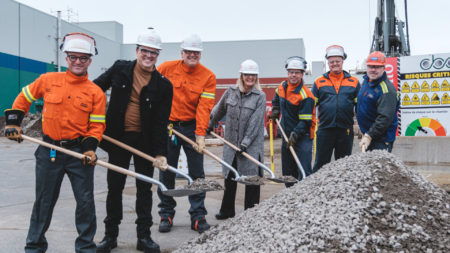New Product: Quebec Aluminium-Scandium

A partnership between Sorel-Tracy Rio Tinto Fer et Titane (RTFT) and the Arvida Research and Development Centre (ARDC) has led to the creation of a new master alloy containing scandium and aluminium from Quebec. The two facilities completed the first proof of concept of the master alloy in 2019 and are currently working on industrialising the new process.
Scandium is a metal that normally derives from mining and is found mainly in China and Russia, making it expensive and complex to obtain. However, thanks to a new process, RTFT’s teams can now extract scandium from titanium dioxide production tailings to obtain high purity scandium oxide, without incurring additional mining costs. Mélanie Saucier, Research Scientist at ARDC, stated, “The extraction process is done in tandem with existing operations, without interfering with the product portfolio of the Sorel-Tracy metallurgical complex.”
The addition of scandium to aluminium alloys can enhance their properties in several ways. Paul Rometsch, Senior Scientist in Metallurgical Research at ARDC, explained, “Research has shown that a small addition of scandium can improve several properties of aluminium, such as mechanical strength and high-temperature performance. This master alloy opens the door to new applications in additive manufacturing, welding, aerospace, heat exchangers, etc.”
Al-Sc2% has already sparked interest among 3D printing industry partners. The master alloy is currently being cast into cones that will be remelted and used as an alloying ingredient in value-added products.
“This new development is truly a collective success,” said Mélanie Saucier. “Many groups, including the Regional Economic Development Office, the Dubuc Works technical team, ARDC and RTFT teams, banded together for this project and allowed us to achieve promising results very quickly. Thanks to everyone’s efforts, the initial industrial production is expected by the end of the year.”
Whereas, in the past, scandium was simply a component of production tailings, it now has a role in the production of value-added aluminium, proving that there is always the potential to reimagine industrial processes. “The industrial culture is evolving, and it is wholly to our advantage to close more loops with our different tailings,” said Annie Bourque, Manager, Casting, Analytical Technology and R&D 4.0. “Such processes are increasingly valuable and are among the most important in terms of positive environmental impact. “


